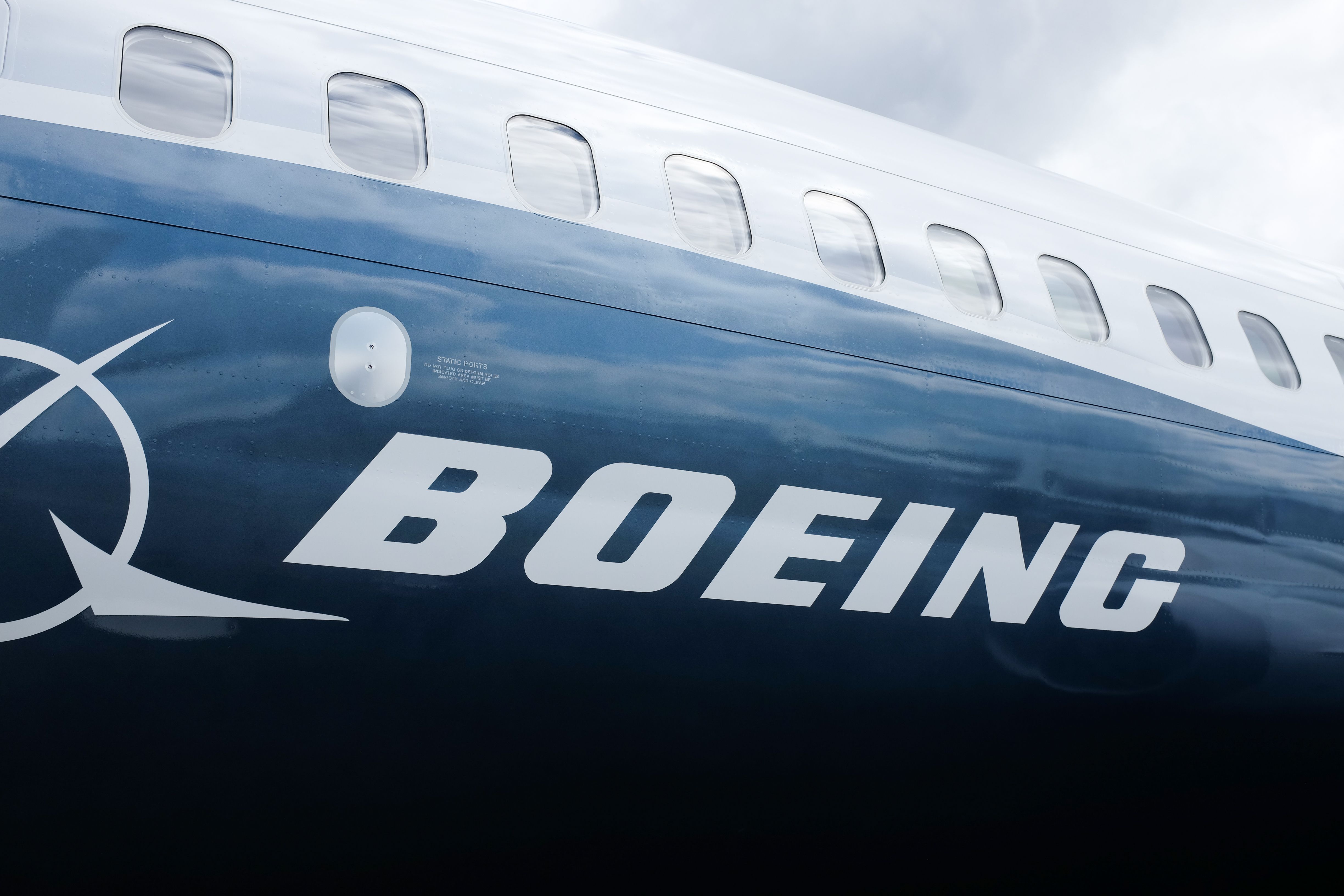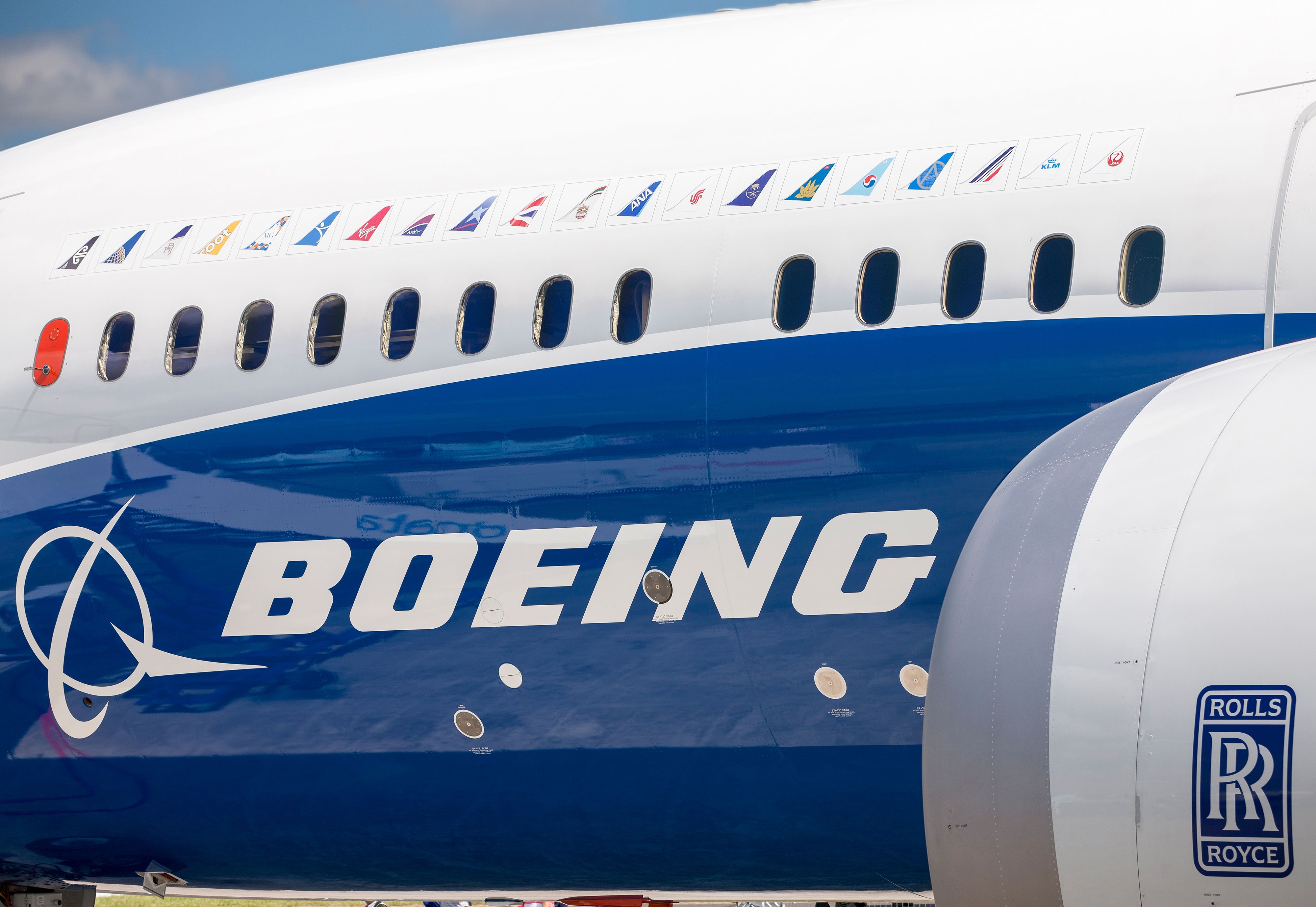![]() Boeing
Boeing
has announced that the company has shored up its liquidity by $10 billion in the form of a credit agreement with Bank of America (BofA), Citibank, Goldman Sachs, and JP Morgan.
Adding credit
In a United States Securities and Exchange (SEC) filing on October 15, Boeing announced that a day prior, it finalized the $10 billion credit agreement with the four banks.
The credit agreement will mandate Boeing pay 0.5% of the principal amount of each advance made under the agreement, with the company also paying a duration fee of between 0.5% and 1% to the aggregate amount of outstanding advances and commitments under the contract.
“The Credit Agreement contains customary terms and conditions, including covenants restricting Boeing’s ability to permit consolidated debt […] in excess of 60% of Boeing’s total capital […] or to incur liens in excess of $250 million or merge or consolidate with another entity unless Boeing is the surviving entity.”
Photo: Ryan Fletcher | Shutterstock
Currently, Boeing is in the process of acquiring Spirit AeroSystems. The transaction, which was announced on July 1, should close in mid-2025.
However, Boeing, as the surviving entity in that deal, will not violate the credit agreement. The aircraft manufacturer paid $4.7 billion for the acquisition in an all-stock transaction, with the surviving entity absorbing Spirit AeroSystems’ debt, taking the total cost of the transaction to $8.3 billion.
Previously, Tim Clark, the President of Emirates, told The Air Current that if Boeing does not improve its liquidity position, it could set off a domino effect-like process where credit agencies would downgrade the company’s rating to junk, potentially resulting in Chapter 11 bankruptcy proceedings.

Related
Sir Tim Clark Raises Concerns: Is Boeing At Risk Of Bankruptcy?
Emirates’ Clark warned that if credit rating agencies downgrade Boeing, it could result in the company filing for Chapter 11 bankruptcy protections.
Rating warnings
While Fitch Ratings and Moody’s last provided an update about the company’s credit rating on September 13, with both warning of a potential downgrade due to the strike, S&P Global already put Boeing on its CreditWatch list with negative implications on October 8.
On October 14, S&P Global said that Boeing has remained on the CreditWatch list with negative implications, saying that it expected the company to record $5 billion of charges in Q3, including those related to the 777X delay, and end the quarter with a loss of around $6 billion.
“Boeing reported $10.5 billion of cash and investments at the end of the third quarter, indicating that its cash usage for the period was about $2.1 billion, somewhat less than we anticipated. We estimated the strike costs the company more than $1 billion per month.”
Photo: VDB Photos | Shutterstock
According to S&P Global, the announced job cuts of around 17,000 positions could result in higher near-term costs.

Related
Boeing’s “Reduction In Force” Plan Outlines How Mass Involuntary Layoffs Will Be Conducted
Several thousand positions are expected to be axed within the first few weeks of the new year.
Another $25 billion through various liquidity measures
In addition, on October 15, another SEC filing revealed that Boeing plans to add another $25 billion to its liquidity, with the company saying that it may offer one or more offerings with several potential securities combinations.
These include senior debt securities, subordinated debt securities, common stock (including for issuance upon the conversion features, if any, of debt securities), its preferred stock (issued in one or more series), depositary shares (representing preferred stock), stock purchase contracts, or stock purchase units.
“The aggregate initial offering price of all securities sold by us under this prospectus will not exceed $25,000,000,000.”
Boeing said that it would provide specific terms of any offering of these securities in a supplement to this announcement, adding that it would also describe the particular manner in which it would offer these securities.
Photo: Thiago B Trevisan | Shutterstock
“We may sell these securities on a continuous or delayed basis, directly, through agents, dealers or underwriters as designated from time to time, or through a combination of these methods.”
At the time of publishing, the New York Stock Exchange (NYSE) was still closed. During pre-market hours, Boeing’s stock traded at $150.82, up 1.23% compared to the share’s closing price of $148.99.
Year-to-date (YTD), the company’s shares had plummeted to their lowest on October 10, when the stock closed the day of trading at $146.62.
That was shortly after Boeing and its two striking machinists’ unions, the International Association of Machinists and Aerospace Workers (IAM) District Lodge 751 and District W24, ended another day of negotiations without progress on ending the strike.
The manufacturer also filed a complaint with the National Labor Relations Board (NLRB), accusing the two unions of bad faith negotiations and a misleading public narrative. After the failed round of talks on October 8, Boeing withdrew its contract offer.

Related
Strike Continues: Boeing Withdraws Offer & Ends Talks After Failing To Reach An Agreement With IAM Union
There are no further scheduled talks between Boeing and IAM for the time being.



